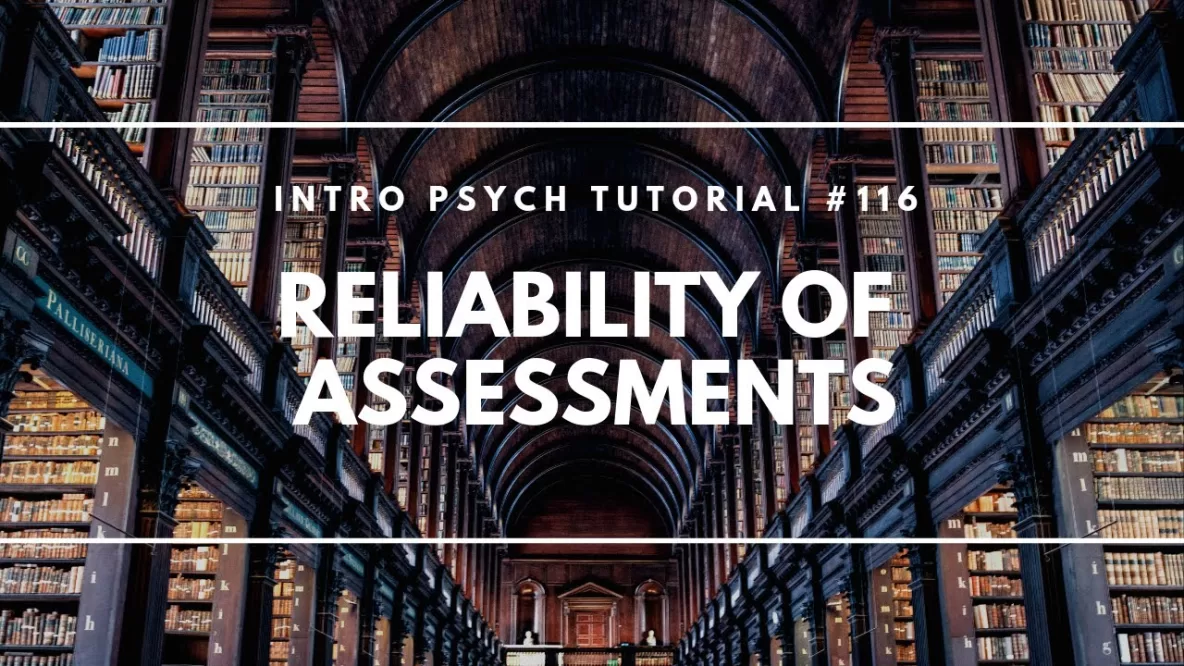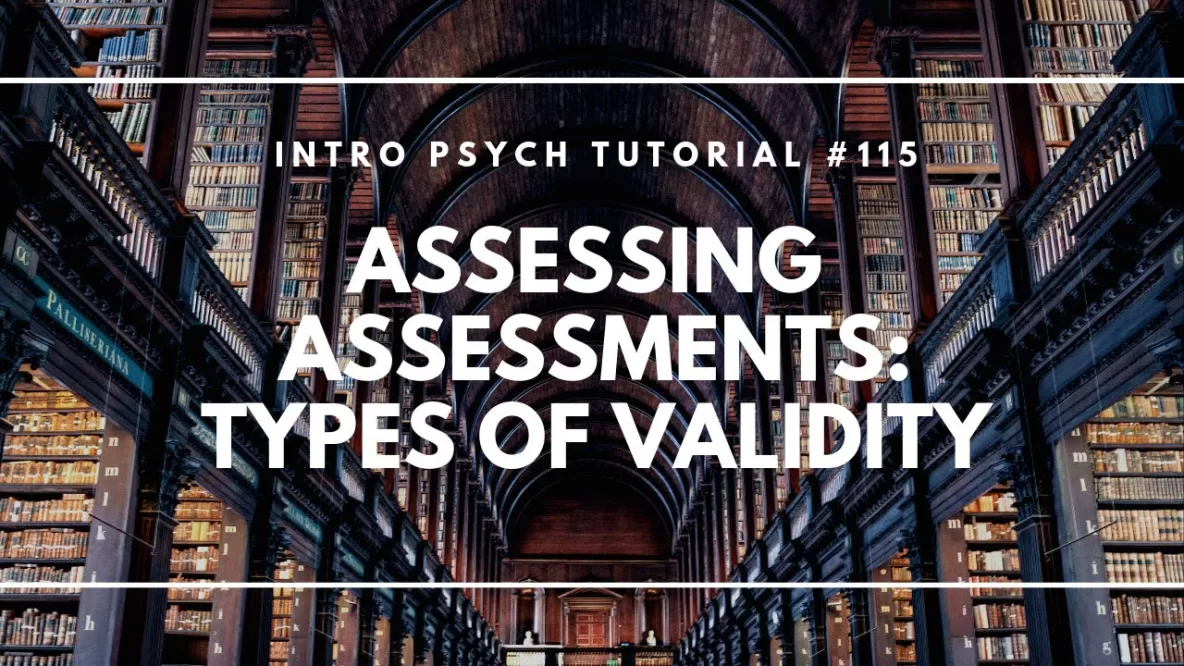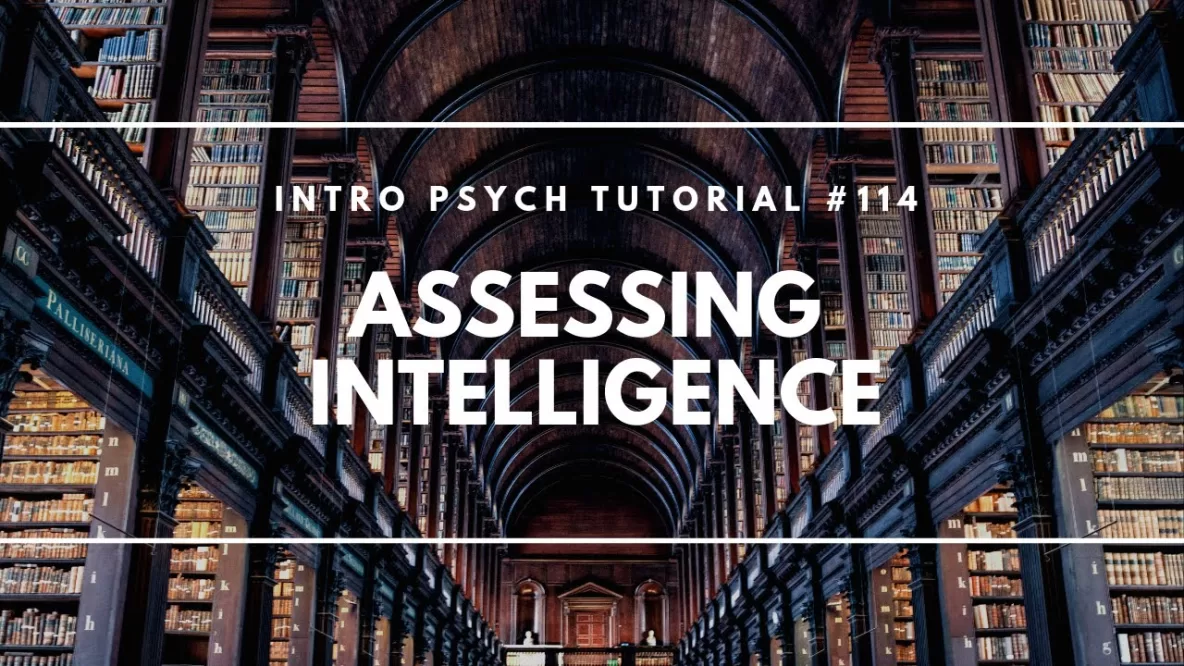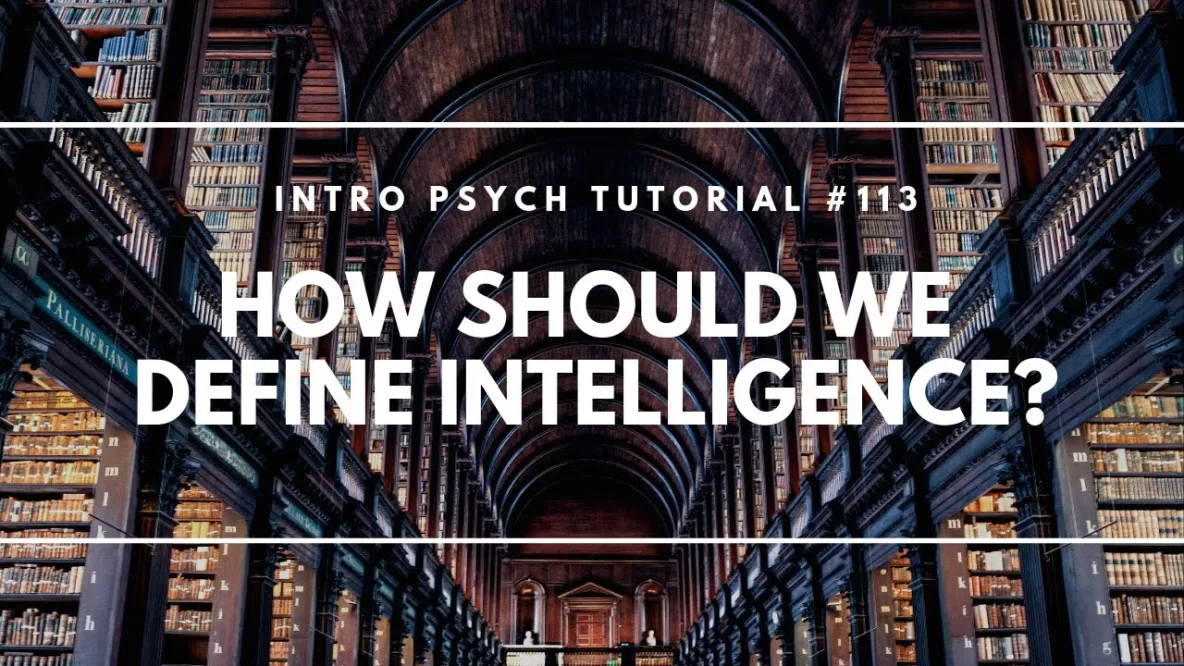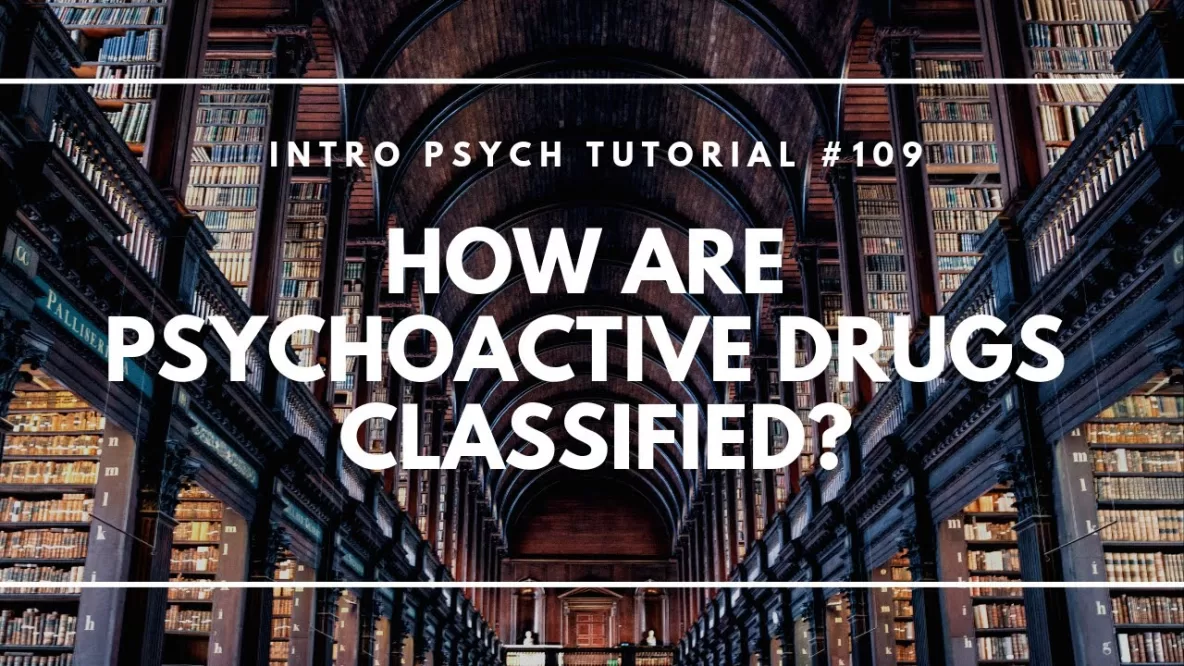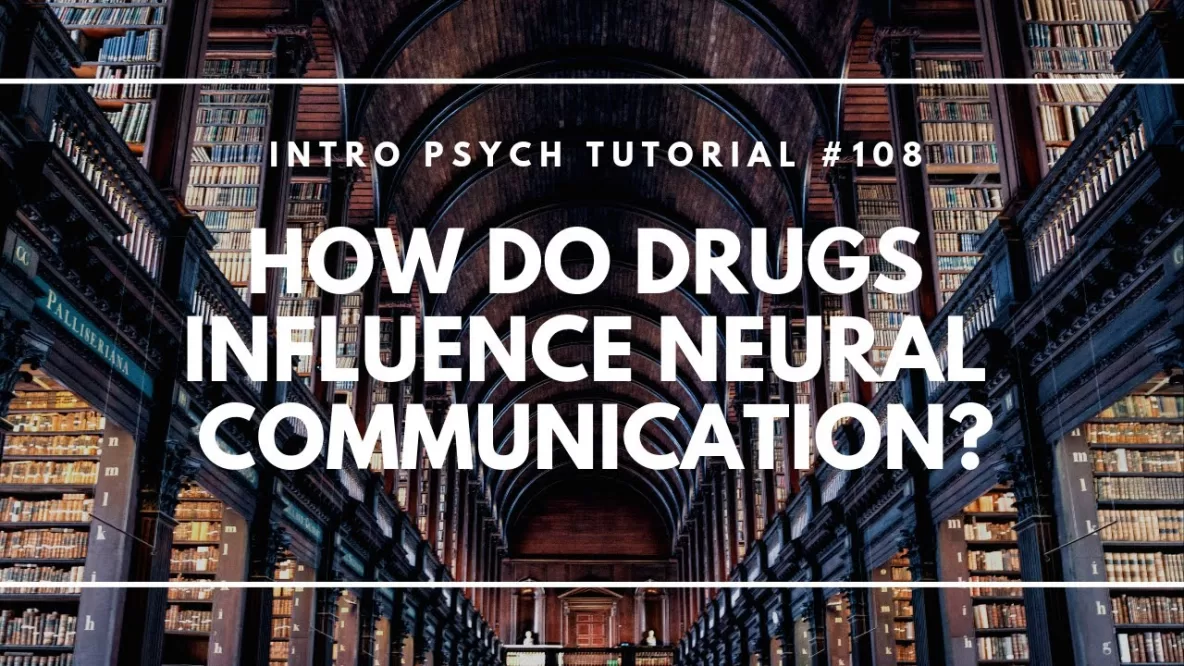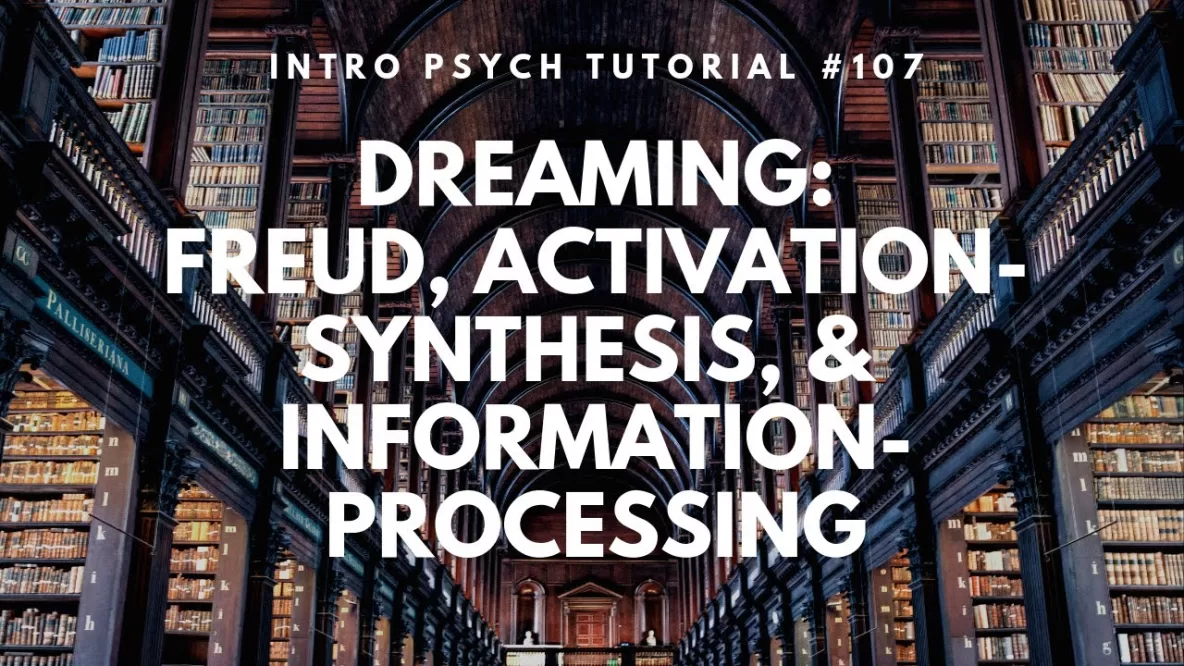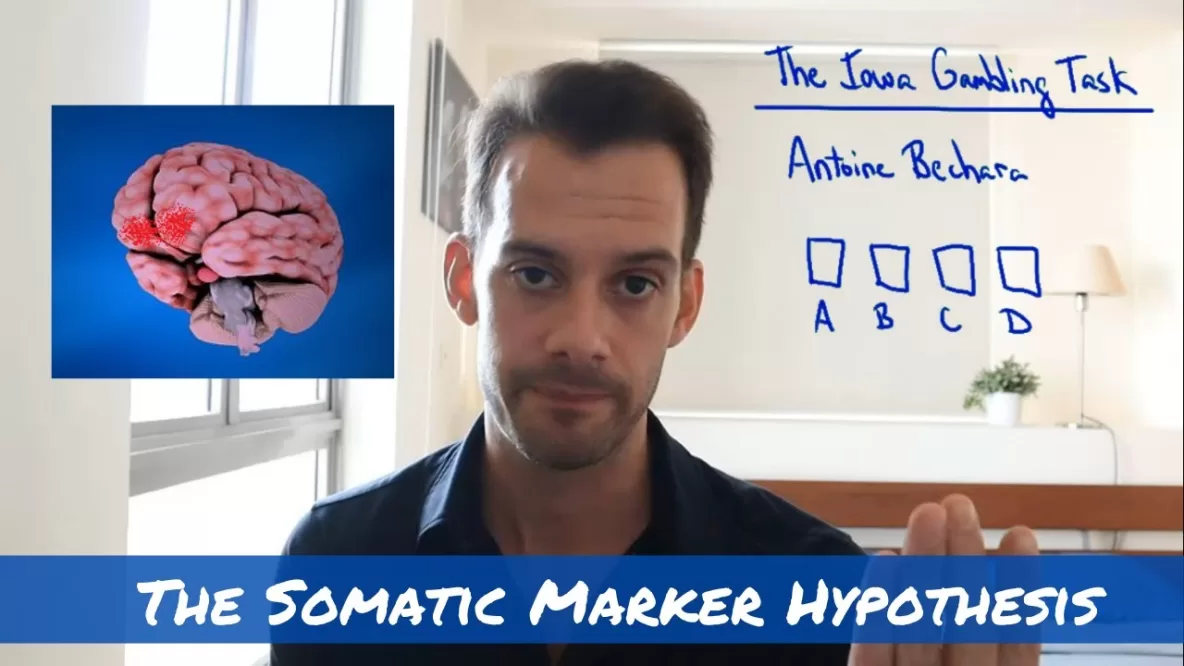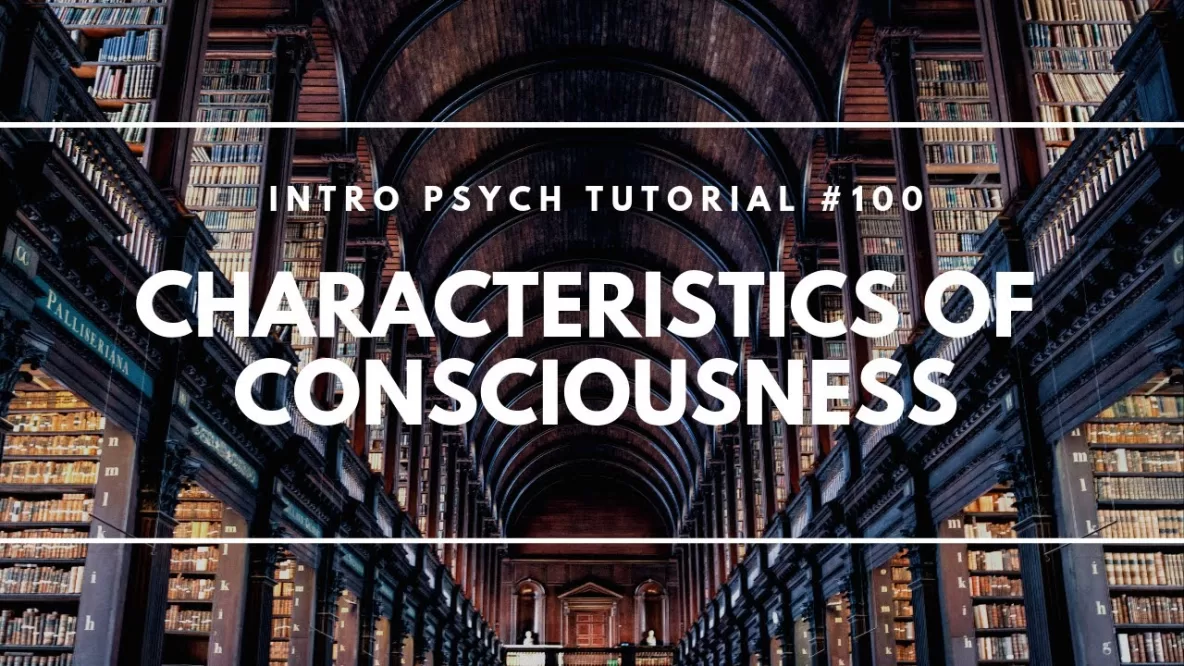In this video I explain the difference between validity and reliability and then describe several ways of assessing reliability including split-half reliability, test-retest reliability, equivalent-form reliability, and the related concept of standardization. Don’t forget to subscribe to the channel to … Read More
Assessing Assessments – Types of Validity
In this video I explain how we assess the validity of assessments that have been created for a particular property (such as intelligence). There are several types of validity that can be assessed including construct validity, face validity, content validity, … Read More
Assessing Intelligence
In this video I introduce psychometrics, the study and design of testing for traits and abilities. I describe the difference between power tests and speed tests for assessing intelligence and the importance of differentiating people in order to have a … Read More
How Should We Define Intelligence?
In this video I discuss a number of ways of thinking about intelligence and determining which skills should be considered part of intelligence. I briefly describe Louis Leon Thurstone’s primary mental abilities, Howard Gardner’s multiple intelligence theory, Robert Sternberg’s Triarchic … Read More
What is Hypnosis?
In this video I describe hypnotic induction and hypnotic suggestibility. Next I describe several applications where hypnosis has been shown to be effective (such as analgesia), as well as areas where it is not effective (accurately recalling “lost” memories). Finally … Read More
How Are Psychoactive Drugs Classified?
In this video I describe the 3 main classifications of psychoactive drugs: stimulants, depressants (including narcotics), and hallucinogens. I provide several examples of each drug type, the associated effects on the nervous system, and the relationship to concepts of neuroadaptation, … Read More
How Do Drugs Influence Neural Communication?
In this video I describe how psychoactive drugs can influence neural communication by passing through the blood-brain barrier and acting as either agonists or antagonists. The brain also responds to this influence via neuroadaptation which can create tolerance and withdrawal … Read More
Theories of Dreaming: Freud, Activation-Synthesis, & Information Processing
In this video I describe three approaches for thinking about dreaming; a Freudian perspective, the activation-synthesis model, and information-processing theory. Freud emphasized the role of the unconscious and believed that dreams could be divided into manifest content and latent content, … Read More
The Somatic Marker Hypothesis
Do we need emotions to make decisions? In this video I describe Antonio Damasio’s Somatic Marker Hypothesis and then discuss research using Antoine Bechara’s Iowa Gambling Task to assess how emotional reactivity guides decision-making in healthy controls and patients with … Read More
Characteristics of Consciousness
In this video I describe 4 characteristics of human consciousness. These include unity, intentionality, selectivity, and transience. The selectivity of our consciousness and our ability to filter out perceptions which are deemed irrelevant can be demonstrated in the Cocktail Party … Read More

